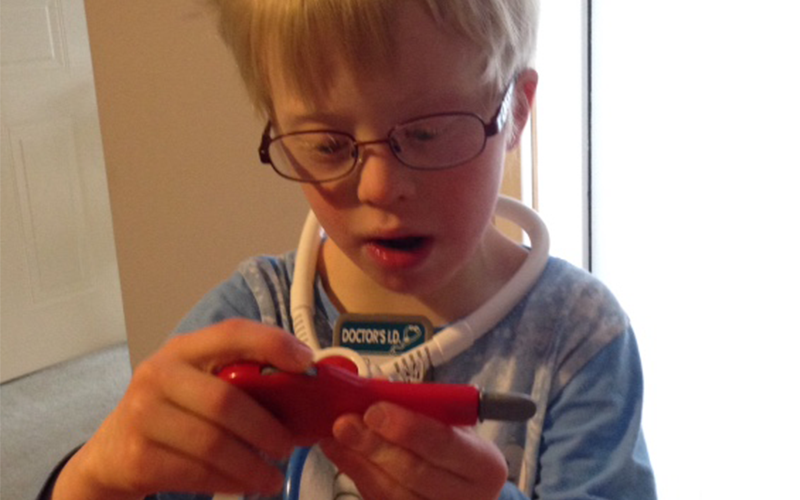One of the most prevalent and problematic ways of perceiving, or looking at, disability is this:
Society tends to view disability as a problem with the individual – that an individual’s medical condition is the root cause of their exclusion from society.
This is known as the, ‘medical model’, of disability. It is this viewpoint, or construct, that is responsible for evolving a great deal of the terminology surrounding disability that is in regular, mainstream use.
It is language that, by its very nature, denies that many of the most disabling aspects of any given condition are caused by societal barriers, that is, society’s failure to recognise and accommodate the differing needs of people with impairments.
It is terminology that is patriarchal and negatively nuanced (e.g. ‘invalid’), subtly suggesting that disabled people are non-functioning members of society who need looking after and are not capable of independence.
Much of this language is based on false premises that have since been disproved; but it is perpetuated by the medical and social care professions, and often the mainstream media.
It is generally considered offensive by the disability civil rights movement.
The language that people use both reflects and influences how they think, and as a consequence, how they react to, and deal with, situations and other individuals.
If we are conditioned to believe that the problem lies with the individual, then we will take a different approach than we would if conditioned to regard the problem as being with the attitudes, systems and practises of society.
